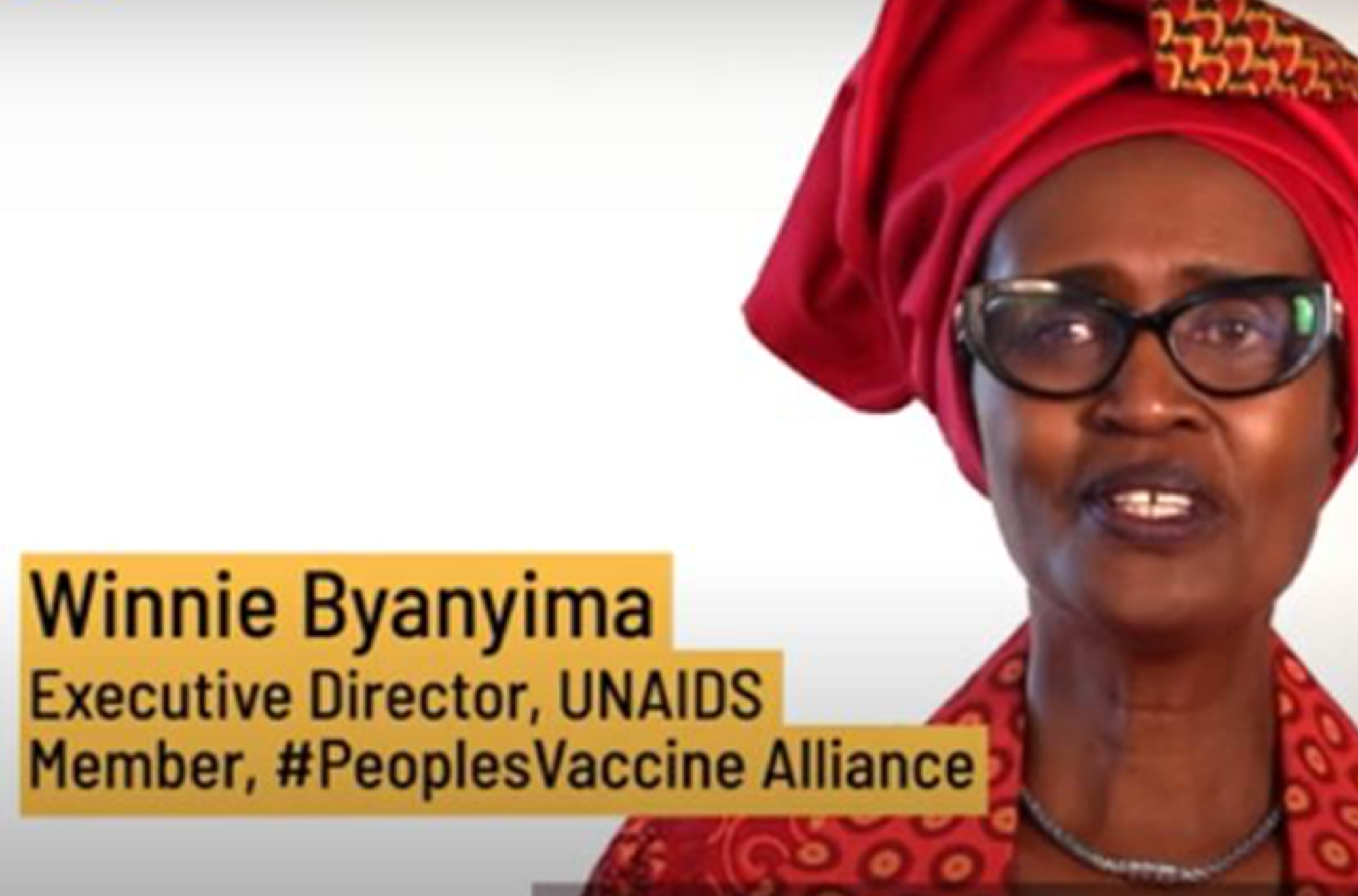
COVAX is a ground-breaking global collaboration to accelerate the development, production and equitable access to Covid-19 tests, treatments and vaccines. COVAX is one of three pillars of the Covid-19 response launched in April 2020 by the World Health Organization, European Commission and France. It was endorsed by 167 countries, in two ways. Seventy-five countries submitted expressions of interest to protect their own populations and those of other nations through joining the COVAX Facility, a mechanism designed to guarantee rapid, fair and equitable access to Covid-19 vaccines worldwide. Those 75 countries agreed to partner with 92 low- and middle-income countries who would be supported to access tests, treatments and vaccines through voluntary donations to Gavi–the Vaccine Alliance, thus involving two-thirds of the world.
This initiative was described in its early days as a ‘tremendous vote of confidence’ in the effort to ensure truly global access to Covid-19 vaccines, once they were developed. And now that several vaccines are reaching the end of initial trials and about to come on the market… what has happened?
UN Special Session, 3-4 December 2020
At a special session of the United Nations General Assembly on Covid-19 on 3-4 December, it was reported that an agreement had been reached that all countries should have access to a Covid-19 vaccine and all countries should initially be able to vaccinate 20% of their populations. One government and UN body after another who spoke during those two long days called for the vaccines to be treated as a “global public good”, that is, free of charge to the public, fairly distributed and based on need.
A first step, said the People’s Vaccine Alliance, would be to support South Africa and India’s proposal to the World Trade Organization Council this week to waive intellectual property rights for Covid-19 vaccines, tests and treatments until everyone is protected.
However, on the morning of 9 December 2020, the BBC published the above headline. The report – from Amnesty International, Frontline AIDS, Oxfam and Global Justice Now and others – says poor countries are set to miss out, that there is not enough vaccine to go round being produced, and that pharmaceutical companies should share their technology to make sure more is produced.
Their analysis found that rich countries have bought enough doses to vaccinate their entire populations three times over if all the vaccines are approved for use. Canada, for example, has ordered enough vaccines to protect each Canadian five times. And even though rich nations represent just 14% of the world’s population, they have bought up 53% of the most promising vaccines so far, according to data from eight leading vaccine candidates in Phase 3 trials that have done substantial deals with countries worldwide.
Unless something changes dramatically, billions of people around the world will not receive a safe and effective vaccine for Covid-19 for years to come. Five of the 67 countries who may be left behind – Kenya, Myanmar, Nigeria, Pakistan and Ukraine – have reported nearly 1.5 million cases of Covid-19 between them.
The Pfizer/BioNTech vaccine has already received approval in the UK, and vaccinations began this week. It is likely to receive approval from other countries, including the US, within days. Two further vaccines, one from Moderna and one from Oxford University in partnership with AstraZeneca, are expected to submit or are awaiting regulatory approval. But yesterday the US criticised the Oxford/AstraZeneca vaccine trial data for reporting varying efficacy, so more trials are likely to be required. The Russian vaccine, Sputnik, has announced positive trial results, and four other candidates are in phase 3 clinical trials.
So far, meanwhile, all of Moderna’s doses and 96% of Pfizer/BioNTech’s have been acquired by rich countries. In welcome contrast, Oxford/AstraZeneca have pledged to provide 64% of their doses to developing nations. But even if they scale up supply, it is thought they can reach only 18% of the world’s population in 2021 at most. Oxford/AstraZeneca deals have also mostly been made with some of the big developing countries like China and India, while the majority of developing countries have not done deals, perhaps because they thought they would have access to the COVAX pool of vaccines between them.
The People’s Vaccine Alliance is calling on all pharmaceutical corporations working on Covid-19 vaccines to openly share their technology and intellectual property so that billions more doses can be manufactured and made available to everyone who needs them. This can be done through COVAX, the World Health Organization Covid-19 technology access pool.
CALL TO ACTION
1. GLOBAL: Every civil society organisation that supports universal health coverage, global public health, equity of access to public health goods, the right to health and human rights, and leaving no one behind, should take action and make their voices heard in their countries and in all the regional and international forums they work in, in support of these agreed goals. The People’s Vaccine website is being revised as at 10-12-20 and by next week will include a list actions everyone can take to support these initiatives.
2. EUROPEAN UNION: In the European Union, a broad coalition of health worker trade unions, NGOs, activist groups, students’ associations and health experts have launched a European Citizens’ Initiative for a people’s vaccine. The Initiative would allow the coalition to introduce legislative proposals if they collect one million signatures. To date, 7,500+ have signed. We call on all EU member citizens to sign at the European Citizens’ Initiative website.
[Note: UK signatories are not included.]
SOURCES: Gavi.org, 10 December 2020 ; WHO News Release, 15 July 2020 ; BBC News, 9 December 2020 ; Oxfam press release, 9 December 2020 ; Video
NEXT WEEK: Report on UN Special Session on Covid-19, ICWRSA Newsletter, 16 December 2020



